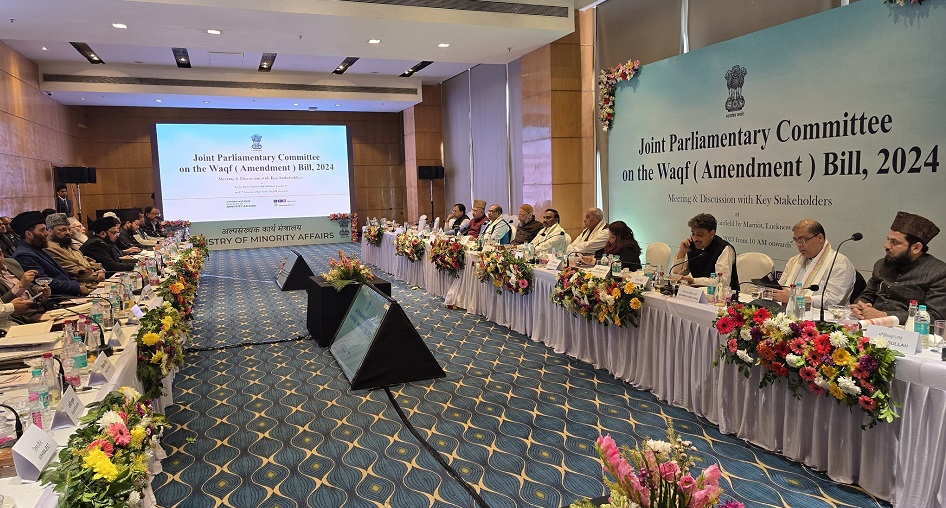
Owaisi Challenges Proposed Waqf Bill
AIMIM leader Asaduddin Owaisi has strongly opposed the proposed Waqf Bill, arguing that it lacks support from the Muslim community and poses a direct threat to the autonomy of Waqf properties. His criticism highlights growing concerns over government intervention in religious endowments.
Concerns Over Waqf Property Management
Owaisi believes that the bill, if passed, could lead to excessive state interference in the management of Waqf properties, which have historically been overseen by community-appointed bodies. He warns that such a move may restrict the rights of the community in handling its own assets and set a precedent for further government control over religious trusts.
Demand for Wider Consultation
Raising concerns over the lack of consultation with Muslim organizations and scholars, Owaisi has urged the government to engage in discussions before finalizing the bill. He insists that any legislation concerning Waqf properties must reflect the views of the community, ensuring that religious practices and property rights remain protected.
Potential Impact on Religious Freedom
Owaisi has also cautioned that the bill could have wider implications on religious freedom by centralizing control over religious endowments. He argues that this could set a dangerous precedent for state involvement in religious affairs, undermining the self-governance of minority communities in managing their institutions.
Government’s Justification
The government maintains that the proposed Waqf Bill aims to improve transparency and accountability in the management of Waqf properties. Officials claim the bill is designed to prevent mismanagement and corruption, ensuring that these assets serve their intended charitable and community-based purposes.
Growing Opposition and Next Steps
With opposition growing, political leaders, religious organizations, and legal experts continue to debate the bill’s provisions. Owaisi, along with other community leaders, plans to mobilize discussions, raise awareness, and push for amendments that protect the independence of Waqf management.
Conclusion
Owaisi’s rejection of the Waqf Bill reflects broader concerns within the Muslim community over government overreach and the preservation of religious autonomy. As discussions continue, the focus remains on ensuring that any legislative changes respect religious rights and uphold community-based governance of Waqf properties.


















